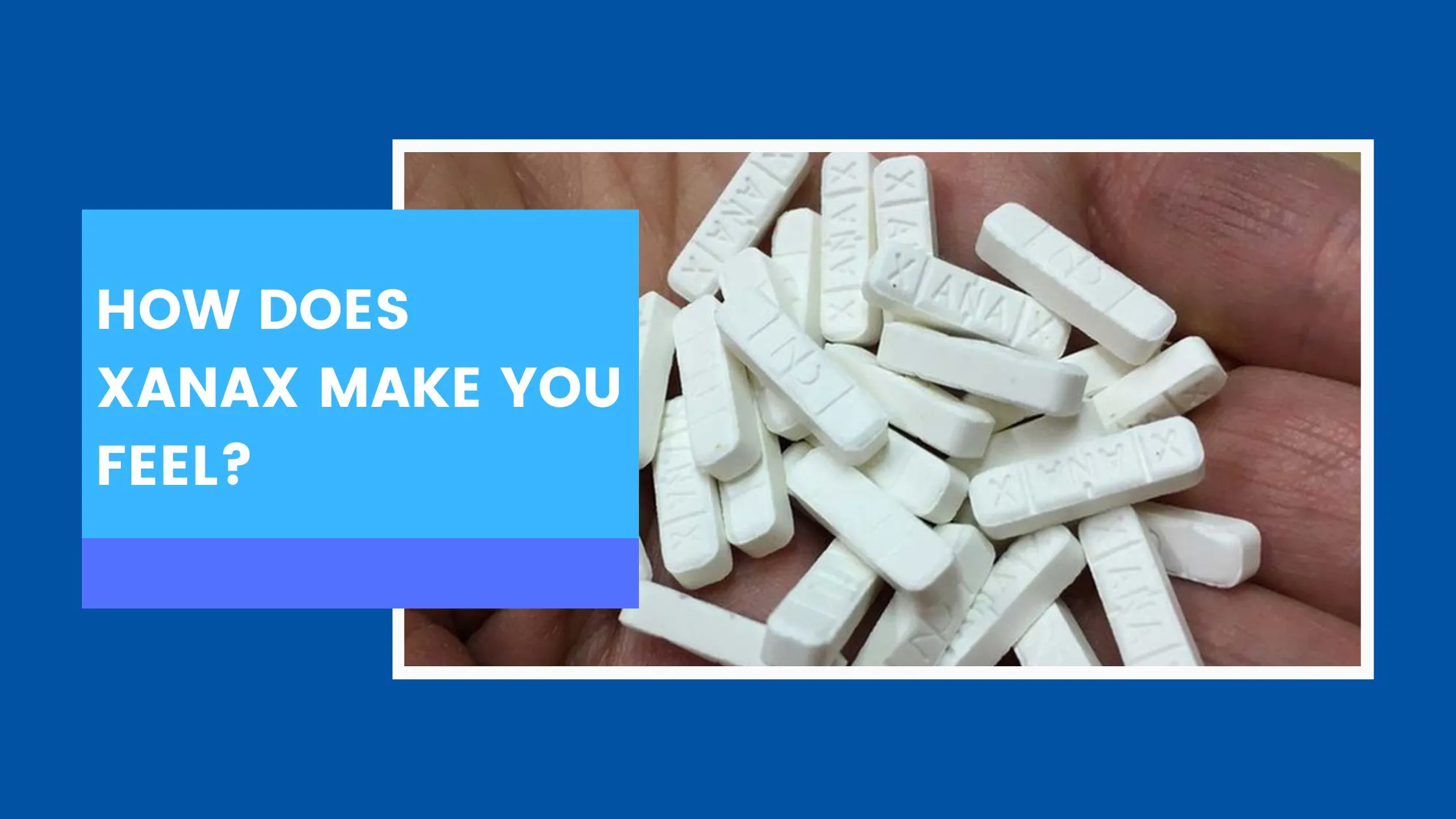Famotidine, commonly known by its brand name Pepcid, is a medication that belongs to a class of drugs called H2 blockers. It is primarily used to reduce the production of stomach acid and relieve symptoms associated with conditions such as gastroesophageal reflux disease (GERD), peptic ulcers, and heartburn. While the timing of medication administration can vary depending on individual circumstances, there are several reasons why taking famotidine at night may be beneficial for some individuals. In this article, we will explore why take famotidine at night and discuss its potential advantages.
What is Famotidine?
Famotidine, an H2-blocker, is a medication that inhibits the activity of histamine-2 receptors in the stomach. By blocking these receptors, famotidine reduces the production of stomach acid. This is particularly beneficial for individuals with conditions such as chronic heartburn, GERD, ulcers, and other stomach-related issues. Famotidine is sold under different brand names such as Pepcid, Pepcid AC, and Zantac 360, and it is available in various dosages.
What is Famotidine used for?
Famotidine has received approval from the U.S. Food and Drug Administration (FDA) for the following medical conditions (FDA, 2018):
Acid reflux:
Individuals experiencing frequent heartburn caused by the backflow of stomach acid into the oesophagus, a condition known as reflux or GERD (gastroesophageal reflux disease), can find relief through famotidine. By reducing stomach acid production, famotidine alleviates the symptoms associated with reflux.
Ulcers:
Excessive stomach acid can erode the lining of the stomach and intestines, resulting in erosions or ulcers, also referred to as peptic ulcer disease. Famotidine is used to treat both stomach ulcers and ulcers that occur further down the digestive system.
Esophagitis:
Prolonged irritation of the esophageal lining due to GERD can lead to inflammation known as esophagitis. Famotidine aids in reducing acid levels in the oesophagus, thereby relieving symptoms such as heartburn and addressing esophagitis.
Zollinger-Ellison syndrome:
Zollinger-Ellison syndrome is a rare condition characterised by excessive stomach acid production, leading to the development of ulcers along the digestive tract. Famotidine effectively treats the symptoms of this uncommon condition by reducing acid production.
In addition to its approved uses, famotidine is also prescribed off-label for certain conditions. Off-label usage refers to the utilization of medications for purposes not specifically approved by the FDA, but deemed appropriate by healthcare providers. Off-label applications of famotidine include:
Irritation from NSAIDs:
Non-steroidal anti-inflammatory drugs (NSAIDs) like aspirin and ibuprofen can irritate the stomach lining and potentially lead to ulcers when used for extended periods. Famotidine is sometimes prescribed off-label to alleviate this irritation caused by NSAIDs (Deeks, 2013).
Stress ulcers:
Stress can have a significant impact on our bodies, and individuals receiving intensive care in hospitals are particularly susceptible to developing stomach ulcers due to stress. Famotidine is used off-label to prevent ulcers in these patients.
COVID-19:
Famotidine has been employed in combination with antiviral medications for the treatment of COVID-19. According to a clinical trial, this combination therapy has shown potential in reducing the risk of severe disease and mortality associated with COVID-19 (Mather, 2020).
Famotidine side effects
Famotidine is generally considered safe and well-tolerated. Some common side effects of famotidine include dizziness, headaches, diarrhea, and constipation, as stated by the FDA (2018).
While serious side effects are not commonly observed, it is important to be aware of the following:
Infection in children
Children taking acid reducers like famotidine may have a slightly higher risk of developing infections such as stomach viruses or pneumonia (Canani, 2006).
Intestinal infection
There is a slightly increased chance of acquiring Clostridium difficile, a type of bacteria that can cause a serious intestinal infection, in individuals taking famotidine (Nath, 1994).
Nervous system symptoms
H2-blockers like famotidine have the potential to affect the brain and may lead to nervous system issues such as seizures (Cannon, 2004).
Cardiac symptoms
Individuals taking H2-blockers are at a slightly elevated risk of experiencing abnormal heart rhythms, including a condition known as long-QT syndrome (Yun, 2015).
Liver damage
Although cases are rare, all H2-blockers, including famotidine, have been associated with liver damage. However, liver issues are more commonly seen with other H2-blockers than with famotidine.
Dosage
Famotidine is conveniently available over-the-counter in tablet and liquid forms, with dosages of 10 mg, 20 mg, and 40 mg. Additionally, there is a chewable version called Pepcid Complete, which combines famotidine with antacids like calcium.
In certain healthcare facilities, famotidine is also offered as an intravenous (IV) solution for administration.
For individuals experiencing acute acid reflux, the usual starting dosage of famotidine is 10-20 mg once a day. In the case of GERD, the recommended starting dosage is typically 20 mg taken at bedtime. Higher dosages may be recommended by healthcare providers for conditions such as ulcers or esophagitis.
Interactions drug and Warnings
Due to the mechanism of action of H2-blockers, they can influence the levels and effects of other medications being taken, potentially leading to additional side effects. Although the impact is less significant with famotidine compared to other H2-blockers, it can still affect the metabolism of certain medications, including:
Atazanavir: This is an HIV medication (Wang, 2011).
Itraconazole: This is an antifungal medication (Lim, 1993).
Doxorubicin: This is a chemotherapy drug (Hegazy, 2021).
Why take famotidine at night?
During late-night hours, the stomach tends to produce higher levels of acid. When you lie down flat to sleep, the acid has a greater chance of refluxing up towards the throat. To counteract this, healthcare providers often suggest taking acid reducers, such as famotidine, at bedtime. By doing so, the aim is to prevent the upward flow of acid and alleviate symptoms (Voigt, 2019).
Conclusion
In conclusion, why take famotidine at night, can offer several advantages for individuals dealing with heartburn and acid reflux. By aligning the medication with the body’s natural circadian rhythms, it may enhance its effectiveness in controlling nighttime symptoms, allowing for a more restful sleep and improved overall quality of life. However, individual responses may vary, so it’s essential to consult with a healthcare provider to determine the most suitable dosing regimen for your specific needs. Whether for symptom management or as part of a treatment plan, famotidine taken at night can contribute to a more comfortable and restorative night’s sleep.
FAQ
Q1: Is famotidine safe for long-term use?
Ans: It is not typically recommended for prolonged use. Discuss with your healthcare provider.
Q2: Can famotidine be taken during pregnancy?
Ans: Consult your doctor before taking famotidine if you are pregnant or planning to become pregnant.
Q3: Can famotidine be given to children?
Ans: Paediatric use should be determined by a healthcare provider.
Q4: Can famotidine cause allergic reactions?
Ans: Rarely, famotidine may trigger allergic reactions. Seek medical attention if any symptoms occur.






